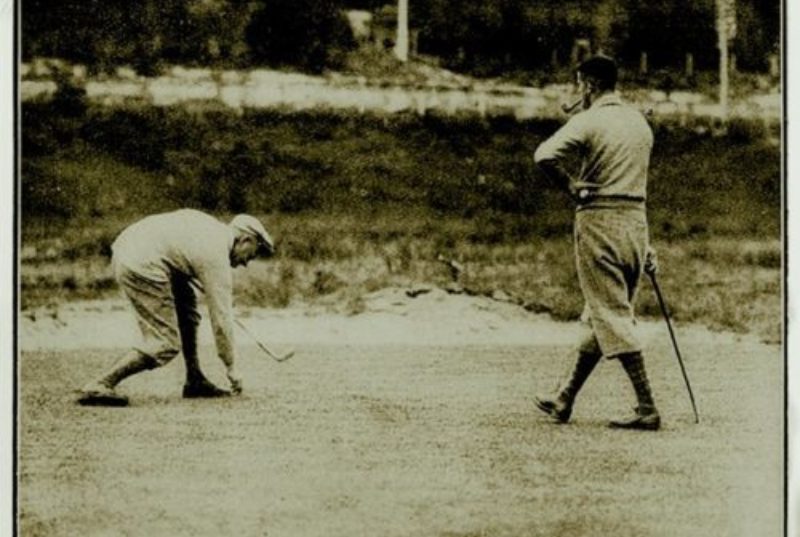For Americans taking their first trip to Australia there are aspects of the country which can be confusing or opposite to our own experience. A few of the differences you may encounter include:
- Australia is in the Southern Hemipshere so the seasons are opposite. Christmas BBQs take place on the beach.
- The cars are driven on the other side of the road.
- Biscuits are often sweet and pastries are savory.
- Aussies drink out of their shoes when celebrating a victory- we prefer to keep them on our feet.
- The mainstream political conservative party is primarily represented by the Liberal Party of Australia.
However, there are also a lot of similarities that Americans can relate to as well:
- Aussies love sports. They don't pluralize "sport" and annually host major events like the Aussie Open & an F1 Grand Prix
- Nobody else in the world really plays their top sport (Aussie Rules Football vs. American Football).
- Coffee is big deal. Yes, there is tea, but one can find a really good cup of coffee in most places.
- Craft beer, distilleries and great wine are all appreciated
- While there is a Prime Minister for the entire country, but Australian state also has its own PM (similar to a Governor in the USA)
So What Has This To Do With Golf?
This background prefaces a few interesting notes from a recent Tasmanian Parliament meeting. As in the United States, public officials are challenged on how public funds are allocated. Each state in Australia will organize a head of tourism. Their job is to drive revenue for the state by offering unique experiences, etc.
Dr. Rosalie Woodruff MP, of the Green Party, was recently questioning the director of Tourism Tasmania (John Fitzgerald) about a golf trip. His comments, and those of the PM Peter Gutwein, demonstrate the importance of golf to the state.
This is a good thing for you! When you visit Australia you are the type of visitor who will be welcomed and appreciated. The combination of Barnbougle, Cape Wickham and the new Seven Mile Beach course being built east of Hobart are supported to provide you with a great experience.
Top courses attract those who not only seek great adventure but those who spend time (and money) in less densely populated areas. We are excited about the future of golf in Australia and to be able to bring you the Best of Australia Golf!
- - - Notes from the Meeting as as follows, and can be found here - - -
Dr WOODRUFF - Minister, the CEO, the chair [Mr. Fitzgerald] and a retiring board member travelled to King Island in June this year on what we understand was a golf trip. Was that paid for by the taxpayer?
Mr [JONES?] - It wasn't a golf trip. I haven't been with the chair and another board member on a golf trip.
Mr FITZGERALD - We had a board meeting on King Island, but it wasn't a golf trip. We visited the Cape Wickham golf club to have a look at it, but it wasn't a golf trip.
[Unknown Person] - No golfing took place.
Mr FITZGERALD - We had a hit and giggle down the first fairway, all the board and the people at Cape Wickham, just to get a sense for what the course is like, but it wasn't a game of golf. We were there for a board meeting and to meet with industry, which we do regularly around the state.
Mr GUTWEIN - Have you ever been to the course?
Dr WOODRUFF - No, I have been not to that course.
Mr GUTWEIN - I would suggest it's well worth a visit. Barnbougle, in terms of its location on the sea and where it sits, is just outstanding. It's the only way to describe it. That was a board meeting.
Dr WOODRUFF - The context is the pressure that the industry is under and the use of public funding.
Mr GUTWEIN - Again, I think it's quite appropriate for the board of Tourism Tasmania to visit locations in the state. At the same time, it obviously provided some economic fillip for the island as well.
Mr FITZGERALD - And the golfing proposition, I can add, Premier, is still precarious on King Island. We have the world's greatest courses but they're not yet viable in terms of visitation. We'll be visiting the golf courses to talk to them about how we could support that viability to drive demand in May June. If they can build those golf numbers leading into the winter period, then they'll be sustainable. That's what our board does; it goes around the state and talks to industry about how our work can support them.

